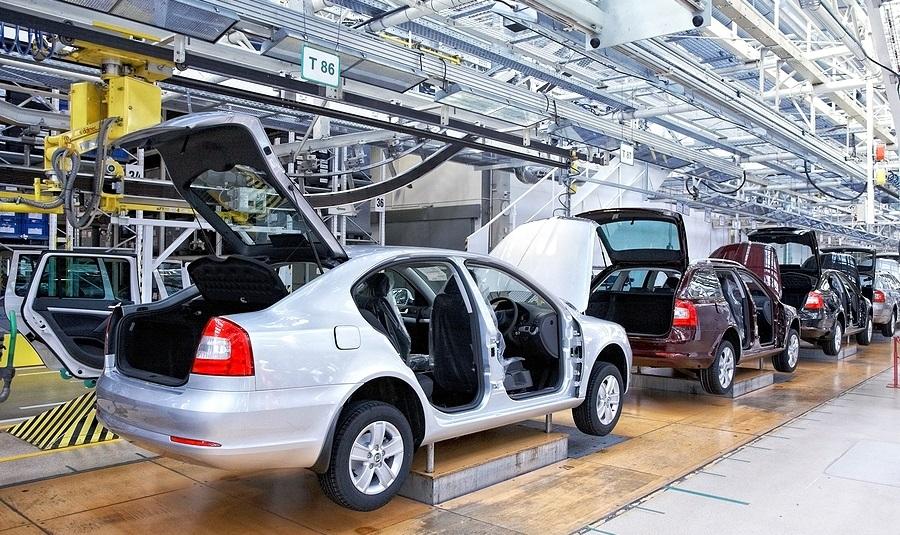Analysis

March 4, 2014
Winter Still Wreaking Havoc on Auto Sales
Written by Sandy Williams
Winter weather weakened auto sales for a second month. February sales rose to a seasonally adjusted annual rate of 15.29 million in February from a nine month low of 15.2 million in January. Sales fell below analyst consensus of 15.4 million and IHS forecast of 15.5 million. WardsAuto estimates inclement weather pushed sales down by 3 percent or 75,000 units in February.
US auto sales for February totaled 1.19 million vehicles bringing year to date results for 2014 to just less than 2.2 million units, said WardsAuto, down 1.5 percent from the first two months of 2013.
Inventory levels increased in February, starting the month with an 88-day supply, up 24 days from the start of January. JD Power reported that the three Detroit automakers’ supply levels had escalated to 109 days at the beginning of February. Given the high inventory, LMC Automotive has reduced its 2014 North American production forecast by 100,000 units to 16.5 million units.
“While inventory levels are excessive at this point, demand during the spring selling season will help resolve the situation,” said Bill Rinna, senior manager of forecasting at LMC Automotive in an article by JD Power. “However, if inventory is not cleared out by June, production levels in the second half of the year are at risk.” A decrease in production levels by auto makers would also have an impact on domestic steel mills.
Kelly Bluebook estimates for February sales closely matched actual sales. In a comment on spring sales the company said, “The overall automotive industry is continuing its uphill climb from last year, as its closes in on the spring sale season. Moving further out of the brutal winter weather, Kelley Blue Book anticipates shoppers will return to dealership lots to drive up sales as well as transaction prices for some brands, depending on incentive spend levels.”
Chrysler sales increased 11 percent year-over-year in February, besting Detroit competitors GM and Ford who both reported slipping sales for the month. Chrysler sales totaled 154,866 units. General Motors sales were down 1 percent year-over-year to 222,104 vehicles, but up 30 percent from January. Ford sales fell 6 percent to 183,947 units; however, sales for the F-Series truck were the best in eight years.
Of the Japanese automakers, only Nissan and Subaru showed gains in February. Nissan sales increased 15.8 percent to 115,360 and Subaru sales soared 24 percent to a US sales record of 34,909. Toyota sales dropped 4.3 percent, Honda of America sales fell 7 percent, Mazda was down 2.4 percent and Mitsubishi fell 1.2 percent.
Korean automaker Hyundai reported sales were down 6.8 percent to 49,003 vehicles sold. Kia sales were relatively flat from a year ago, with sales dropping less than 1 percent to 41,218 in February.
Volkswagen continued weak sales in the US with sales down 13.8 percent to 27,112 units. BMW Group sold 24,476 vehicles for a drop of 4.4 percent year-over-year.
Swedish-brand Volvo saw sales drop 18 percent in February.







